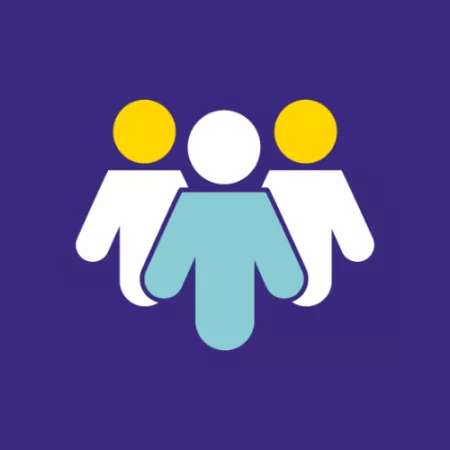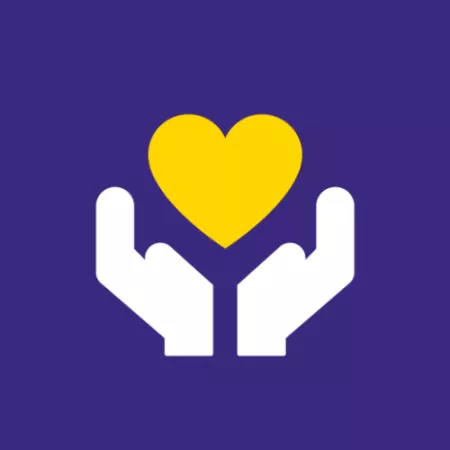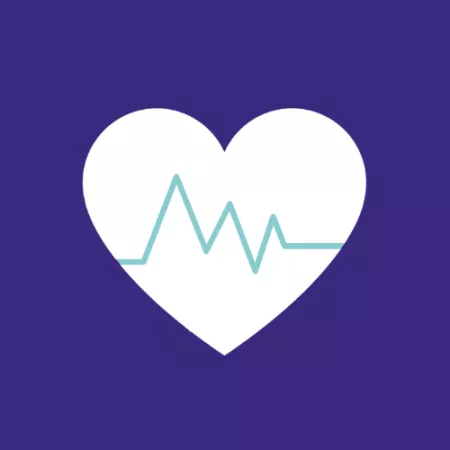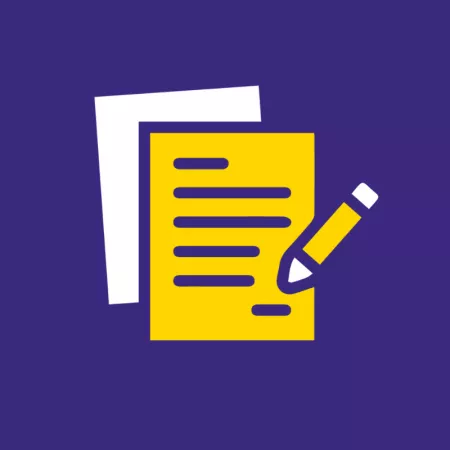Find out here all you need to know about working in partnership with your child’s school, and individual healthcare plans to support your child at school.
You’ll also find tips for supporting them at home.
Work in partnership with your child’s school
Because epilepsy affects everyone differently and how it affects your child may change over time it is important to work in partnership with the school.
It’s important that your child’s school knows what they can do to support them.
Communication and sharing information are essential to supporting your child at school, keeping them safe and including them in all school activities.
Your point of contact at the school may be a special educational needs co-ordinator (SENCO), inclusion leader or other role, who may be responsible for overseeing your child’s support at school. But, remember, all school staff have a role to play, especially the form tutor.
Shared information might include:
- Seizure patterns
- Changes in behaviour
- Changes in anti-seizure medication
School staff could include a special educational needs co-ordinator (SENCO), inclusion leader or other role, who may be responsible for overseeing the child or young person’s support at school.
Explaining to the child or young person’s friends about their epilepsy can help them feel more confident about spending time together.
As a parent, it’s important that you and your child discuss and agree with the school how best to let other pupils know about their condition.
Make an appointment with your child’s teacher to discuss the various issues that may arise. Encourage your child to go to the meeting if they want.
- Find out more about how schools should communicate and share information.
- Find out about epilepsy training for teachers and pupils.
The Assessment of Behaviour and Learning in Epilepsy (ABLE) questionnaire is a screening tool that helps parents, teachers and carers identify potential areas of concern in children with epilepsy.
Individual Healthcare Plan (IHP)
The school should have as much information as possible about your child’s epilepsy.
The best way for the school to have this information is with an individual healthcare plan (IHP), which every child with epilepsy should have.
As a parent of a child with epilepsy, it is important that you aware of IHPs, which are for the school to complete in conjunction with the child or young person with epilepsy, their parents or carers, and their healthcare professionals. The school is responsible for implementing the IHP.
Download the Individual healthcare plan PDF
As childhood epilepsy can change a great deal, IHPs should be reviewed annually, or sooner if circumstances have changed, e.g. if there are changes in their condition, seizures, medication, learning, behaviour, etc.
What should an IHP include?
As a minimum, an IHP should include:
- Your child’s epilepsy diagnosis
- A brief description of seizure type(s)
- A brief description of any possible seizure triggers
- Any signs that a seizure might be about to occur
- Basic management of seizures/seizure first aid and a note of any follow-up care your child might need
- Current medication, including dosage
- Emergency medication protocol, including when an ambulance should be called
- Impact on learning and behaviour
- Circumstances that call for additional consideration/risk assessment
- Reasonable adjustments required, in the physical environment, and to the curriculum, exams, etc.
- Additional staff training required, which may include knowing how to give emergency medication
- Written permission from you and the headteacher for any anti-seizure medication to be given to your child during the school day/school activities
- Communication protocol – who needs to know about your child’s epilepsy and what they need to know
- Family contact numbers
- Clinic, hospital and GP contact numbers
Even if your child’s seizures are currently controlled by treatment, they’ll still need an IHP.
The seizures may start again and your child’s condition may still be affecting their learning and behaviour.
You should also inform the school of any changes in seizure activity, anti-seizure medication or behaviour.
What are the benefits of an IHP?
The benefits of an accurate, up-to-date IHP include:
A good seizure description can help everyone to recognise what happens to your child and is much more useful than just the name of the seizure type(s).
It can also help staff recognise when emergency medication procedures need to be followed.
If your child has more than one type of seizure, they may need different medical management for each seizure – and this can be clearly shown on one IHP.
An IHP can provide clear instructions on how school staff should tell you about a seizure and when they should follow emergency medication procedures.
Once your child’s IHP includes a good seizure description, school staff are more aware of what to look out for and what they need to record.
You can give accurate eye witness accounts to your child’s medical team, which provides useful information that may influence your child’s treatment.
Doctors and other healthcare professionals can compare a seizure with previous seizures, which may tell them they need to change your child’s medication.
When you, your child and school staff have agreed what needs to be done, and this is clearly written in the IHP, everyone can feel more confident about your child’s safety and inclusion in all school activities.
Your child’s classmates will also feel this confidence, which will encourage them to include your child in their social groups.
Find out about epilepsy training for teachers and pupils.
All school staff will be aware of your child’s condition and know what to do if they have a seizure.
They’ll also understand the impact epilepsy has on your child and the strategies in place to support them.
The school should record any changes in your child’s learning, academic achievement, emotions and/or behaviour, and share this information with you.
Sometimes, it’s difficult to know whether such changes are due to seizures, medication or ongoing brain activity.
They may indicate a change in your child’s epilepsy that requires further investigation by their medical team and, possibly, changes in their treatment.
Epilepsy’s impact on learning
Because epilepsy affects the brain many children with the condition will have some difficulties in certain areas of learning.
The ABLE TOOL is a simple questionnaire that can help parents, teachers and carers identify potential impact learning for children with epilepsy. The ABLE tool can help inform the IHP.
Tips for supporting your child’s learning at home
- Help them break tasks into smaller manageable pieces
- Use post-it notes to break ideas into smaller chunks and to provide a visual aid.
- Try using memorable phrases or songs to help them remember facts
- Encourage them to use visual aids such as checklists, flashcards, diagrams, mind maps and colour coding
- Recap as much as possible
- After you ask a question, allow them to have enough thinking time to process it before they answer
- Make sure revision time is broken into short sessions – ideally 20−30 minutes at a time – and that they don’t do it when they’re tired or hungry






